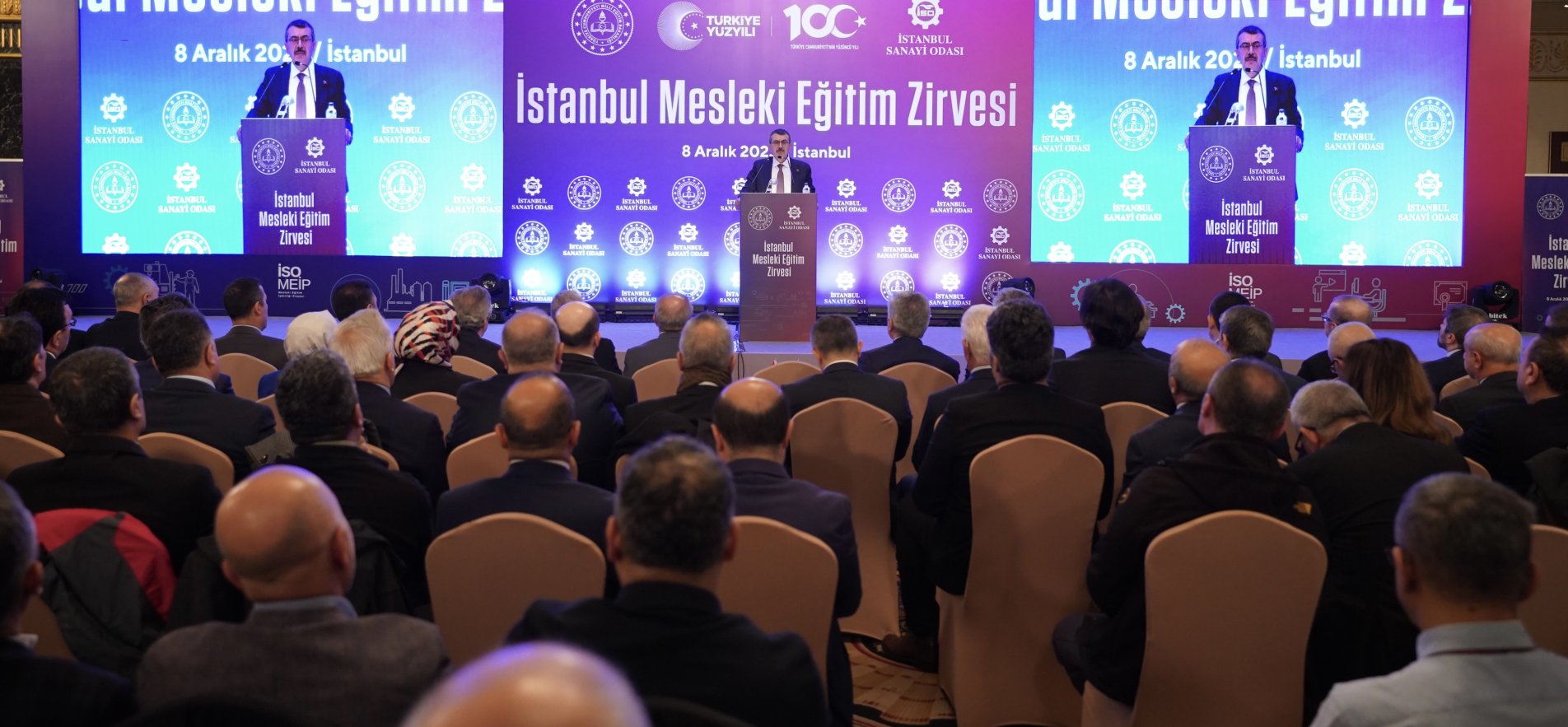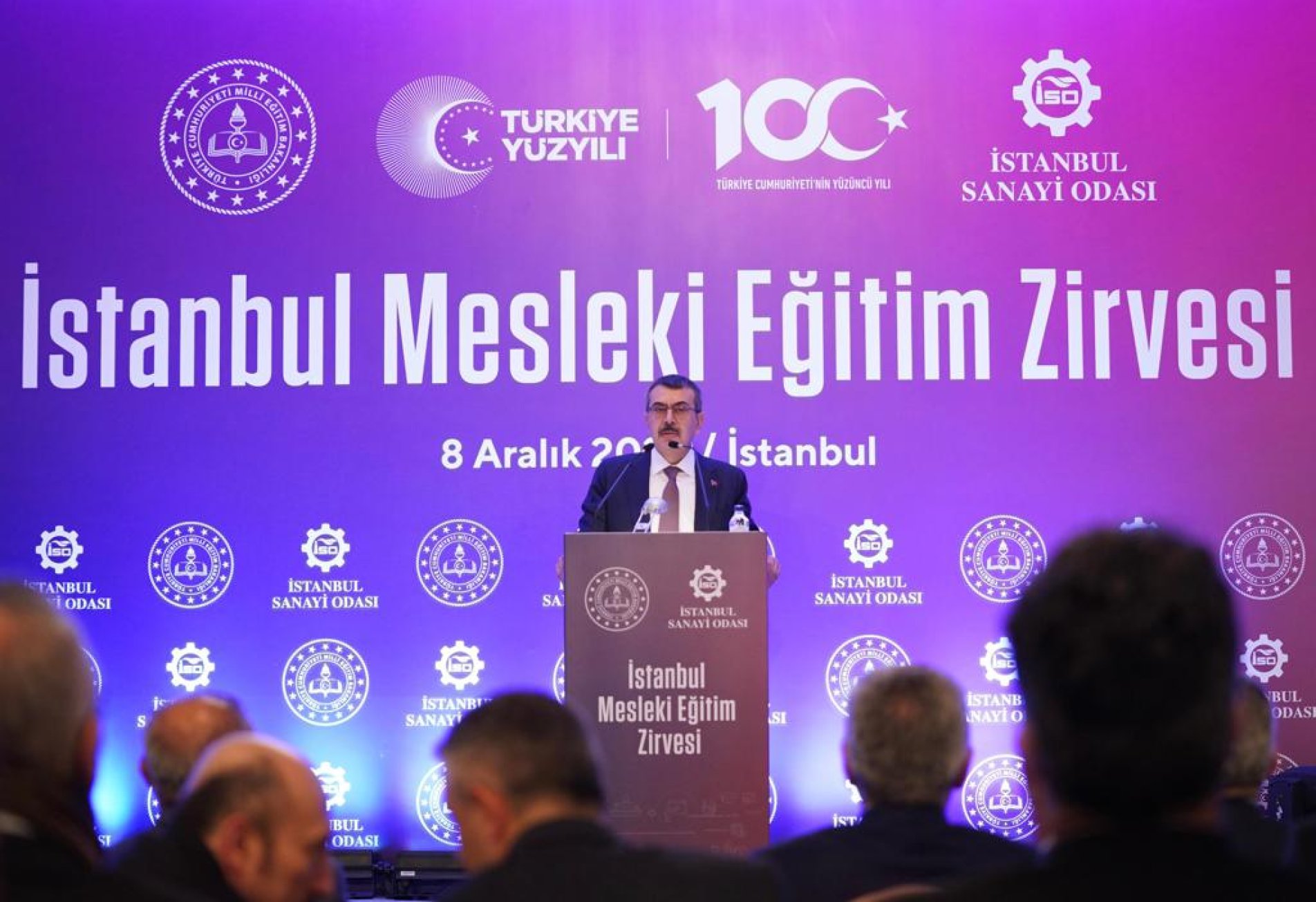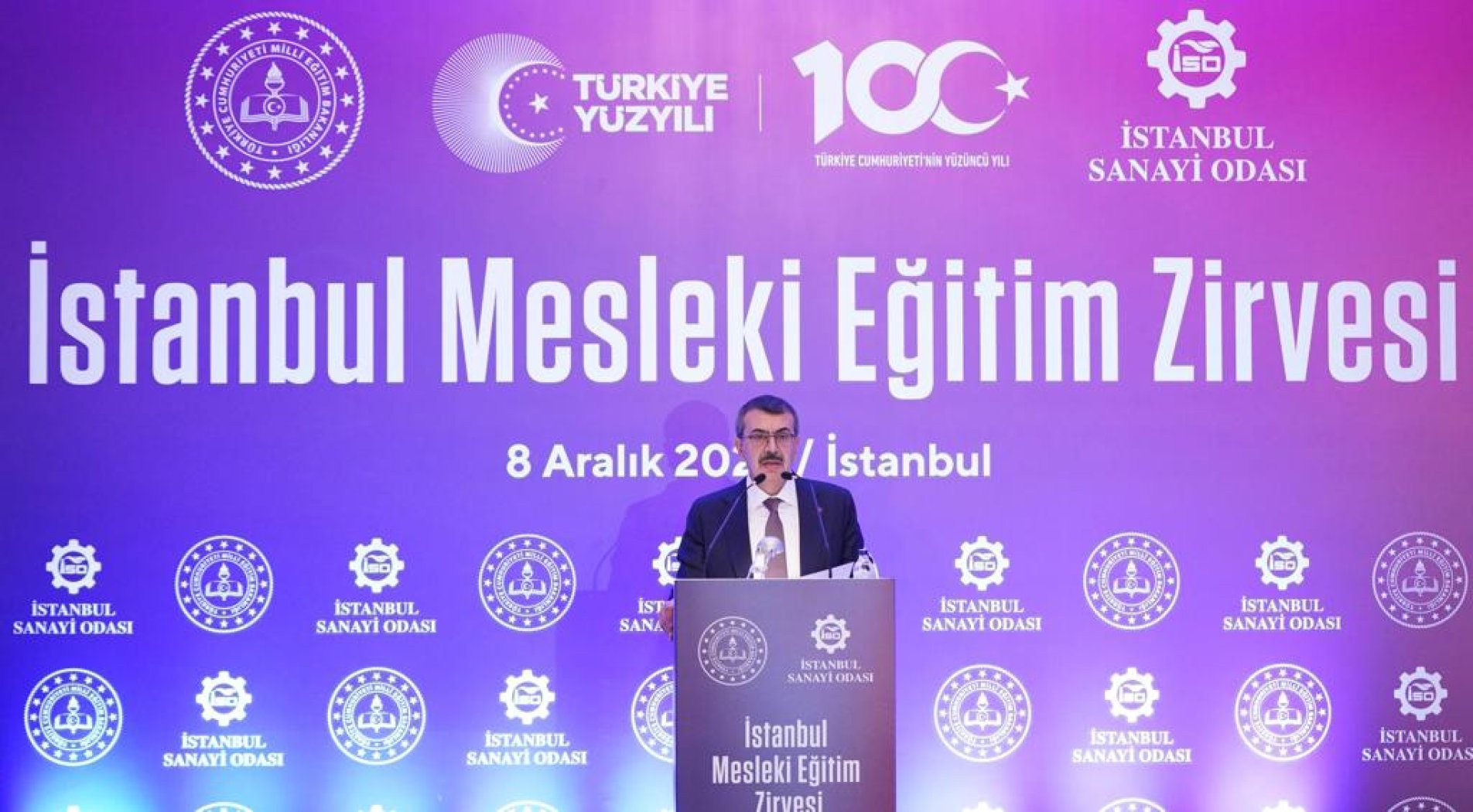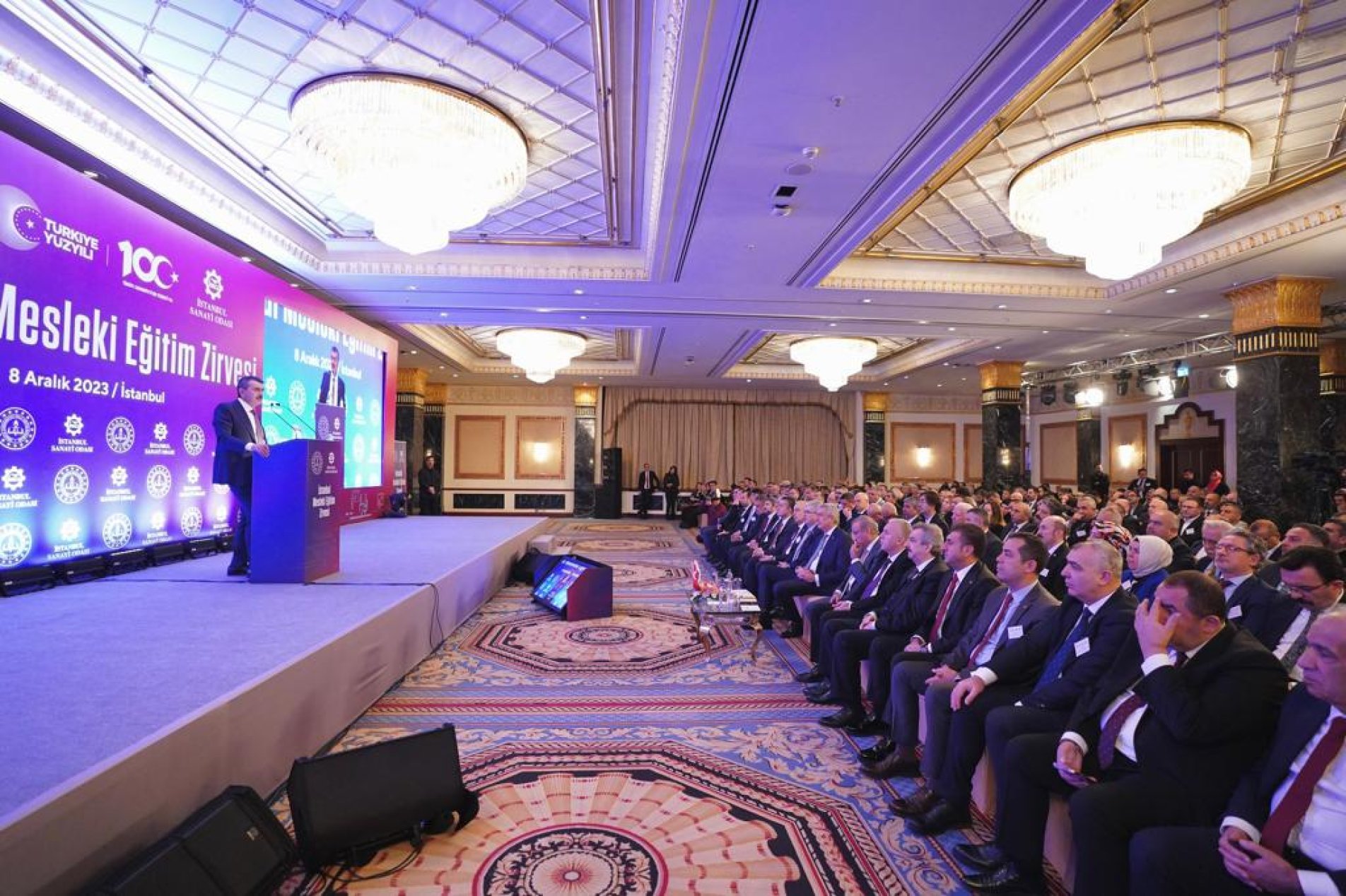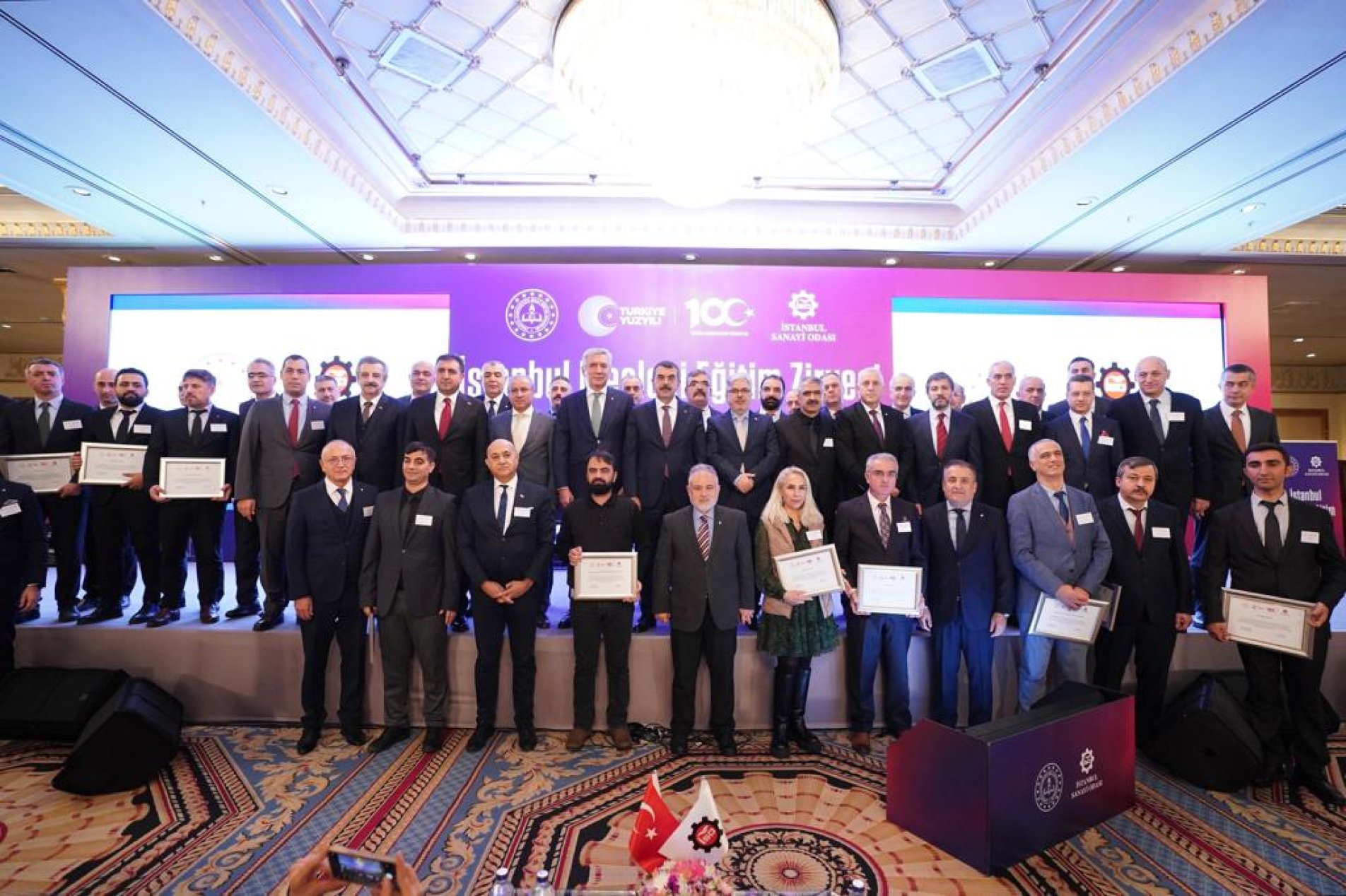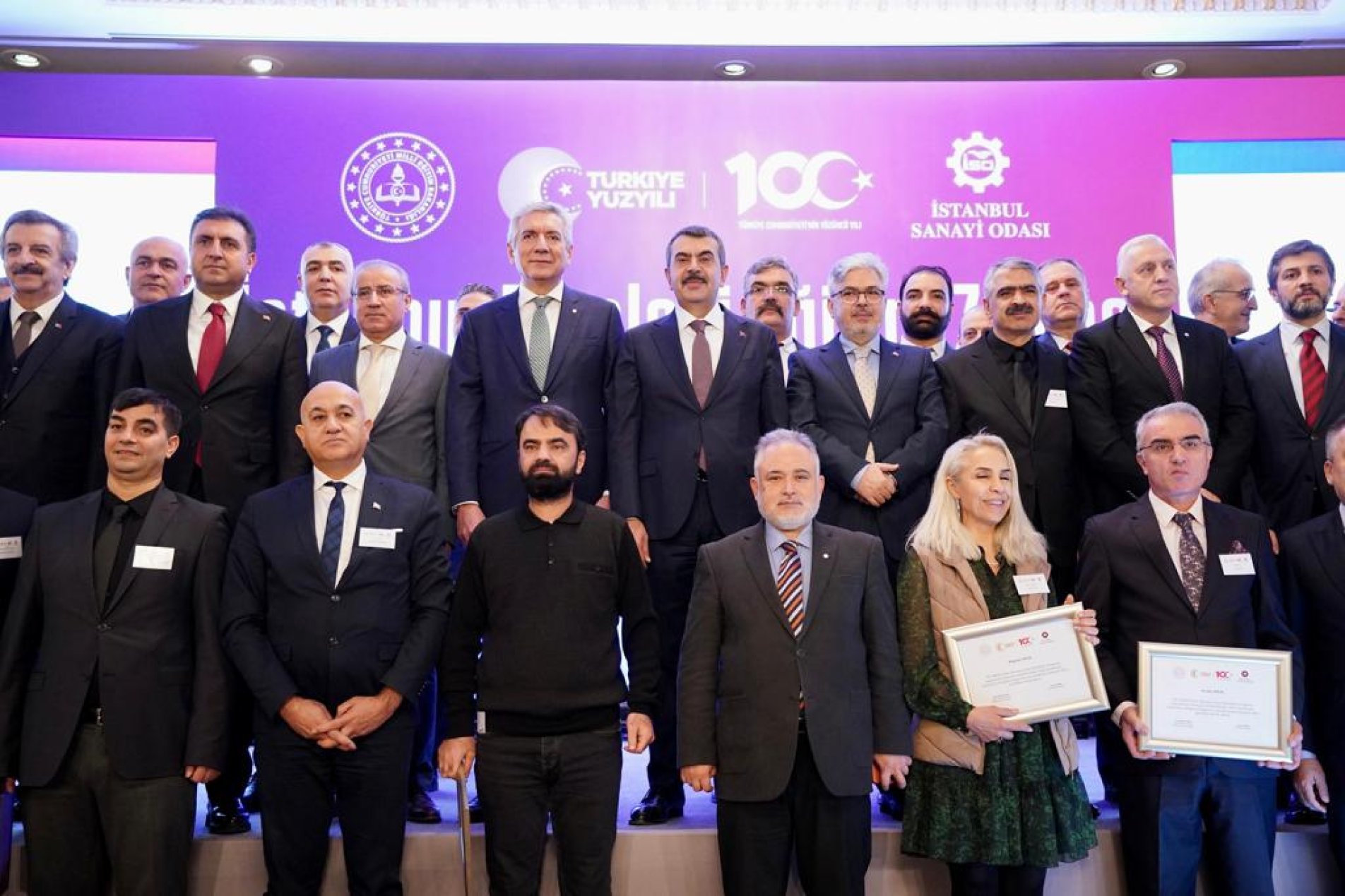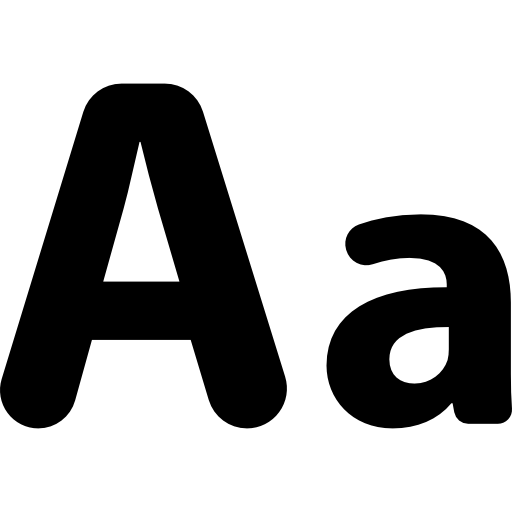Minister Yusuf Tekin said that the most powerful instrument for economic growth and sustainable development at the national level is education.
Expressing that a strong vocational education has a role in preparing students for employment, developing their professional skills and responding to the needs of the economic labor market, Tekin said the right of all the world's children and young people to access a quality education is a universal value. Adding that as the Ministry, they aim to provide education that suits and elevates people. Minister stressed that they are mobilizing all their means to ensure the right to access quality education reaches fairly to the 20 million students entrusted to them by the nation.
Tekin stated that with this understanding, they allocated the largest share of the general budget to education every year for the last twenty-one years, doubled the number of classrooms and teachers from the Republican Era until 2002, equipped the schools with modern technological innovations, revised the curriculum with a liberal and innovative approach, and improved the financial and financial support of teachers. He explained that they also improved their personal rights.
Emphasizing that they have to constantly dream and construct better and more beautiful things in the field of education, Tekin pointed out that they will undoubtedly strive to do better. Regarding physical learning environments, the Minister touched upon the OECD International Student Assessment Program (PISA report) published at the beginning of this week. Minister said that Türkiye's physical and social learning environments are now better than the OECD average.
"We introduced the concept of project school to the literature in 2014"
Stating that before 2002, education went through a period in which it was used for political purposes, especially vocational education was discredited and left to its fate in an unimportant and abandoned state, Minister noted that this decline has weakened the link between education, production and employment and revealed the shortage of qualified personnel needed by the sector.
Emphasizing that they have taken holistic and systematic steps at all levels of education in order to eliminate this situation, which has occupied the education agenda for a long time, Tekin stated that they introduced the concept of project school to the literature in 2014.
Tekin pointed out that his contacts with the sector started in these periods and project schools were implemented to solve the criticisms against the curriculum in vocational high schools claiming to be far from training personnel who can meet the needs of the sector, criticisms against the teaching staff claiming to be far from meeting the needs and criticisms against the student admission process.
Stating that they took these three demands of the sector into consideration when creating project schools, the Minister emphasized that they develop the curriculum together with the sector, and appointed people who know the sector able to follow the developments as the teaching staff in vocational high schools, regardless of their titles.
Stating that this step they took is revolutionary in the field of vocational education in Türkiye, Tekin stated that the international community is also following their work.
"We turned vocational training centers into a part of compulsory education"
Referring to his visit to Athens yesterday, Tekin reminded that they signed an international agreement with the Ministry of Education of Greece. Tekin said his counterpart asked him to share the revolutionary steps the Ministry of Türkiye have taken in vocational and technical education with Greece.
Tekin announced that they will carry out studies on this issue in the Turkish Republic of Northern Cyprus and in Azerbaijan in the coming days. Stating that they detected some problems in this process, Tekin said that the sector was a bit hesitant in paying students who did not contribute enough to it yet, and that they observed that some students who went to the cooperating schools for internships faced workplace accidents and contracted occupational diseases.
Minister Tekin stated that in this context, they included these problems in the legal regulation in 2016 and introduced the principle of insurance against occupational diseases and workplace accidents for students who go to schools or workplaces for on-the-job training.
Reminding that the public sector undertakes the fees corresponding to 30 percent and 50 percent of the minimum wage, depending on the qualifications of the students who go to these schools for practice, Tekin noted that they have turned vocational training centers into a part of compulsory education.
"Let's change the negative perception towards vocational and technical education"
Tekin stated that he was very happy to see that the projects they carried out with ISO were yielding results today.
Stating that they also have some demands from the sector, Tekin said that they are open to all kinds of suggestions and innovations. Asking the sector to make a commitment on employing the children raised in these schools, the Minister expressed that they regard children as individuals entrusted to them. Noting that leaving children unemployed would prevent them to provide children with employment opportunities and fulfill their duty towards children, Minister Tekin said: "Let's take responsibility together and change the negative perception towards vocational and technical education. Let's act together against the problems that may arise in vocational and technical education."
Tekin said that the incentives that the President of ISO Erdal Bahçıvan mentioned such as to provide financial support to students and their families in order to get closer to vocational education, starting social security, paid by the state, from the first year of the student in vocational high school, provide scholarships throughout the period of study and certain programs on the condition to be worked in their own field after graduation, tax exemption for a period of time and military service advantage for male students should also be addressed in public and sector cooperation.
Minister Tekin gave awards to the schools that were entitled to receive support within the scope of ISO MEIP Atilla Altuntaş Project Supports. Issues of increasing the professional skills of teachers in vocational education and directing graduates to employment in their field were discussed at the Istanbul Vocational Education Summit.
